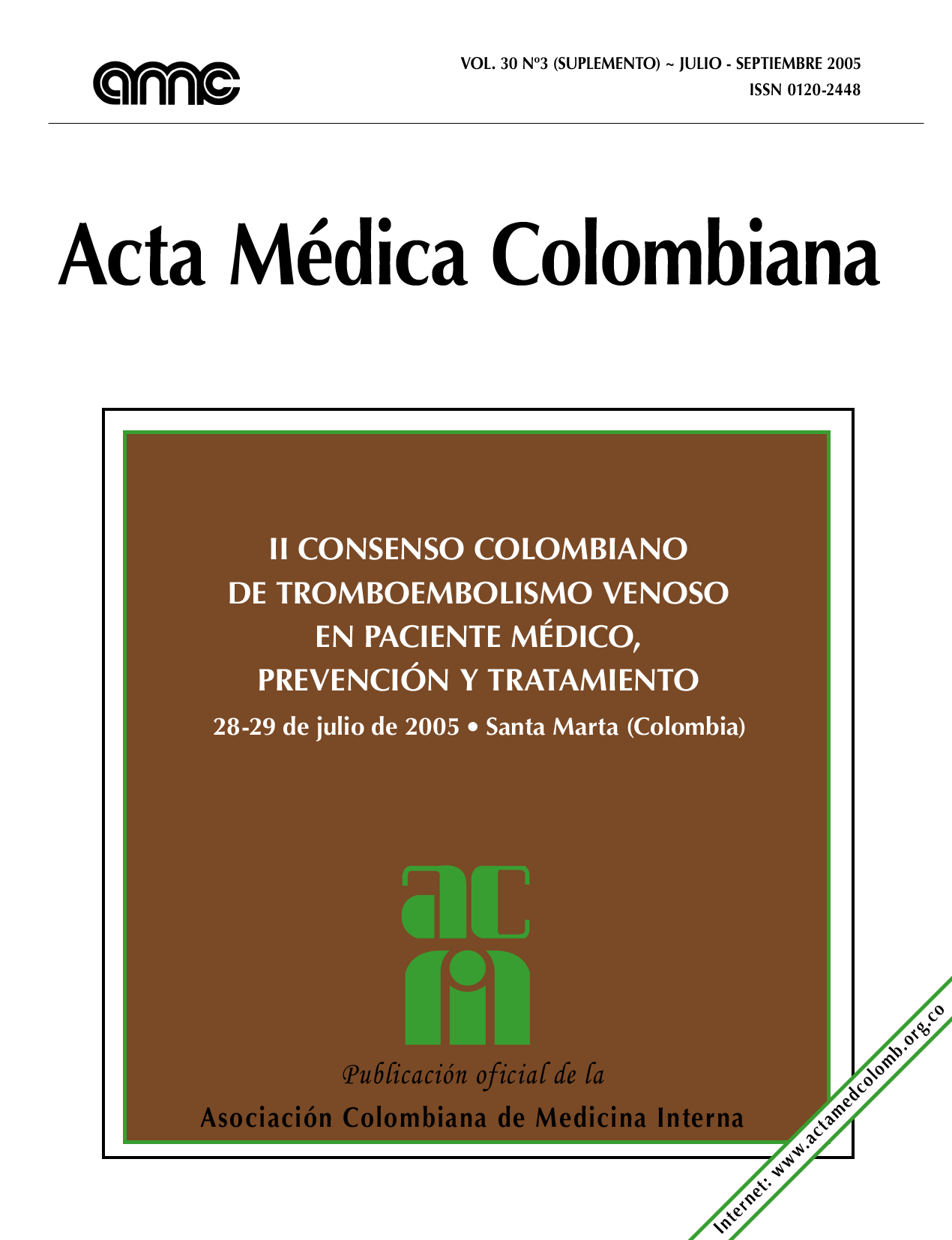The role of adipocytes in metabolic syndrome inflammation
Abstract
The adipocyte, traditionally considered as a cell with little metabolic activity, is now recognized as an important player in metabolic, hormonal and inflammatory processes. Its ability to secrete pro-inflammatory cytokines and to produce peptides in charge of regulating body weight and energy expenditure (adipocytokines) as well as vasoactive substances such as angiotensin II (ATII) is well known. The inflammatory markers produced by the adipocytes include C-reactive protein (CRP), interleukin 6 (IL6) and tumor necrosis factor alpha (TNFa). These substances participate in the pathophysiology of the metabolic syndrome, highly prevalent both in developed as well as in developing countries, and are the main focus of this review.
Metrics
Acta Medica Colombiana uses the CC-BY 4.0 license. Authors retain all rights over their work.


